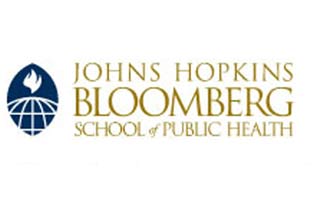
The aforesaid medication belongs to a class of drugs namely proton pump inhibitors (PPIs) that helps combat acid in the stomach. Use of this drug for treating effects of asthma has increased since the last 10 years. In the trial, about 306 kids in the age-group 6 to 17 years participated. These children apparently suffered from asthma that was not suitably controlled by the consumption of inhaled corticosteroids and also did not have the normal symptoms associated with GER.
“The data were very clear. Lansoprazole did not improve asthma symptoms in children as compared to a placebo, and there is no evidence to support prescribing these drugs to treat asthma in children. In our study, children taking lansoprazole showed an increased risk for respiratory infection, sore throats and bronchitis,†commented Janet Holbrook, PhD, corresponding author of the study and associate professor in the Department of Epidemiology at the Johns Hopkins Bloomberg School of Public Health.
However, approximately 40% of kids seemed to suffer from GER as revealed by diagnostic testing. On a random basis, the children were allotted to receive either a dose of lansoprazole or a placebo tablet everyday for a span of 24 weeks along with the inhaled steroid medication. No significant improvement in the symptoms of asthma appeared to come forward in the kids inclusive of those who were suffering from GER.
The study is published in JAMA.
